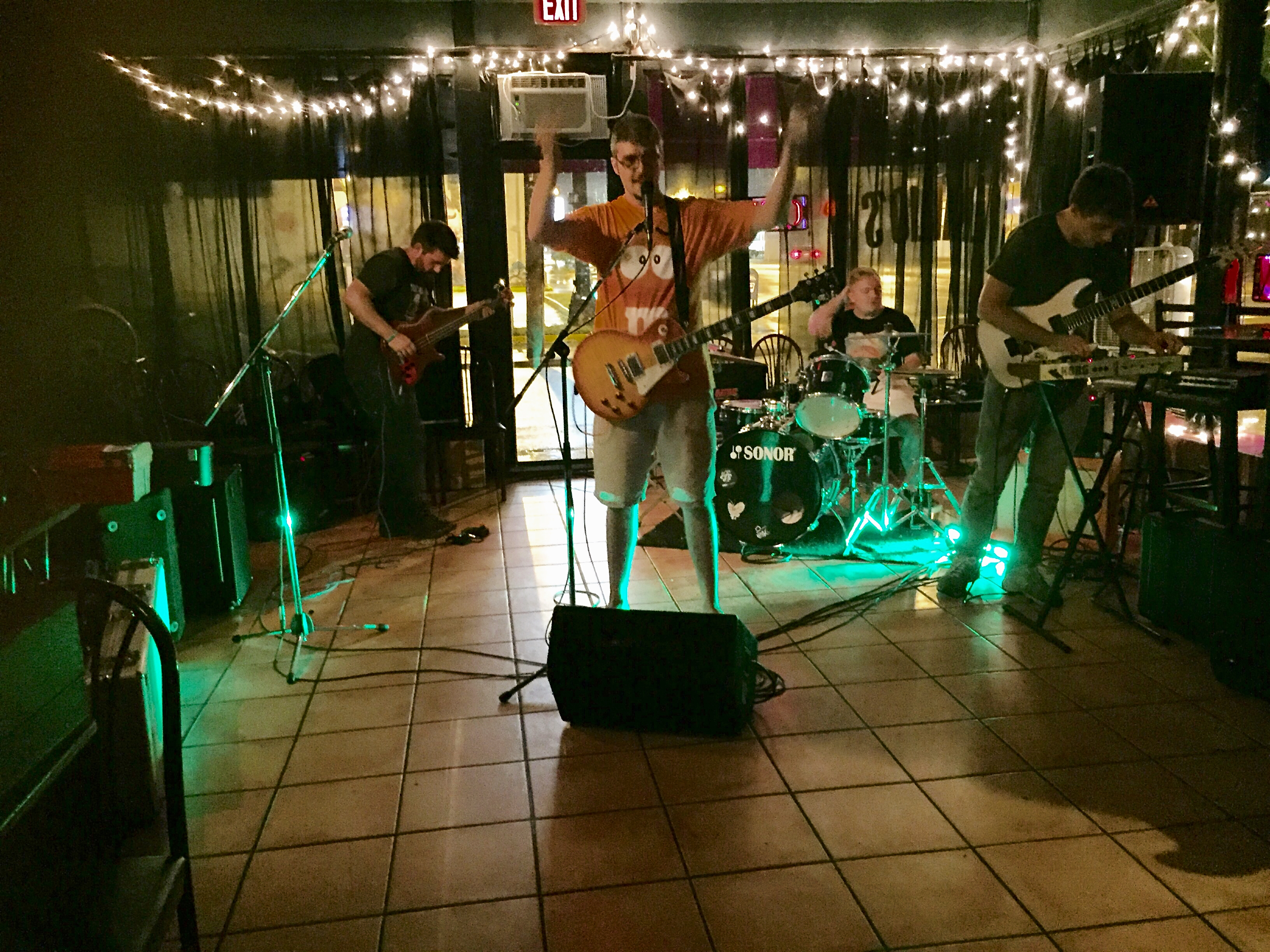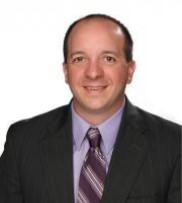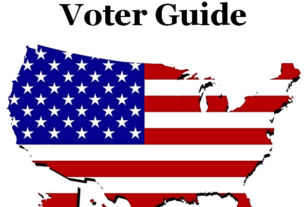
Charlottesville Police Chief Talks About Black Lives Matter and Hate Groups
On Monday, Oct. 19, Charlottesville Police Chief RaShall M. Brackney spoke about the Black Lives Matter movement, the connection between hate groups and law enforcement, and freedom of speech in Charlottesville. Brackney spoke as a guest for the One Book program at PVCC. Ibram X. Kendi’s book, How to be Anti-Racist, was discussed in the webinar.. Brackney is a retired veteran of the Pittsburgh Bureau of Police. Chief Brackney is also the first black woman to serve as the head of the police department in Charlottesville.
“Across the United States, hate groups are on the rise, and for me these manifestations are most evident in places like my hometown of Pittsburgh, Charlottesville, across the nation. We’ve seen the loss of life fueled by racism.” Brackney said.
Brackney pointed out that often police behaviors and actions with minority-led protests differed from the white-led protests.
“Law enforcement response to protests matters,” she said. “Here and across the nation, race matters.”
Chief Brackney stated that law enforcement as a whole has been complacent in regards to the demonstrations and actions promoted by fear, uncertainty, and ignorance.
“Society can be comforted by the colorblind tagline, but we can not afford a color-blind approach to these issues,” she said, “Colorblindness allows us to bury our head in the sand and not confront.”
Brackney said that many anti-government and hate group members often had active links to law enforcement personnel. She said that the political rhetoric of the hate groups regularly found a home in law enforcement unions.
“Law enforcement agencies are aligning themselves, unions are aligning themselves with white supremacists and neo-Nazi organizations. That is not comfortable for any person of color or any person who does not feel like they have power and access,” Brackney said.
The Chief discussed her own personal experiences and the experiences of her husband regarding discrimination. Brackney said that to undo what has been done, regarding implicit bias, law enforcement must police through a more moral and ethical lens.
“We in law enforcement and you in academe can no longer be complicit,” she said, “We can no longer embrace the status quo, conscious moral leadership recognizes injustices, it recognizes its failures.”
To contend with racism, prejudice, and bias, Brackney said that she sent all members of the police department personnel on a week-long training through the Anti-Defamation League.







